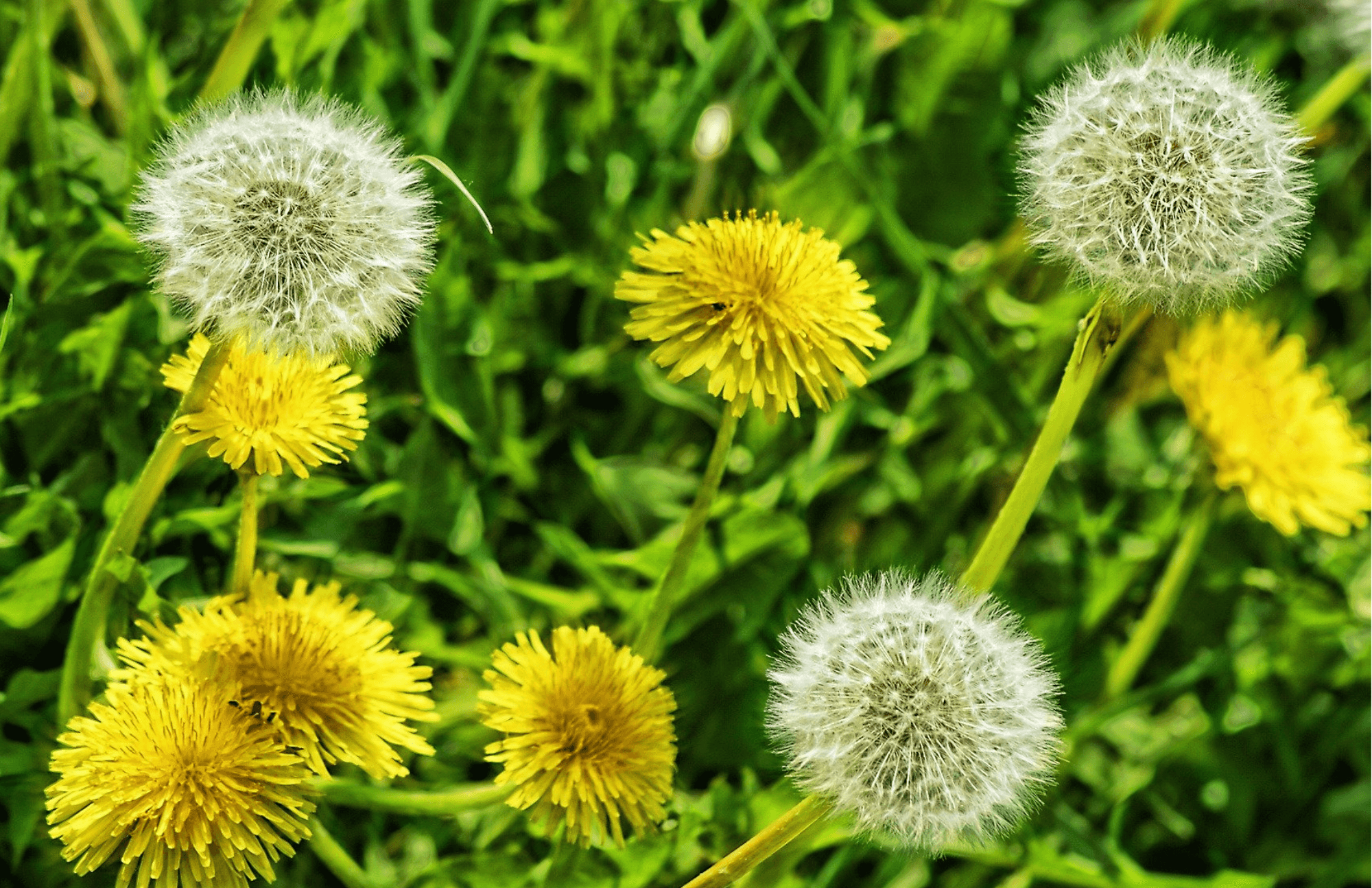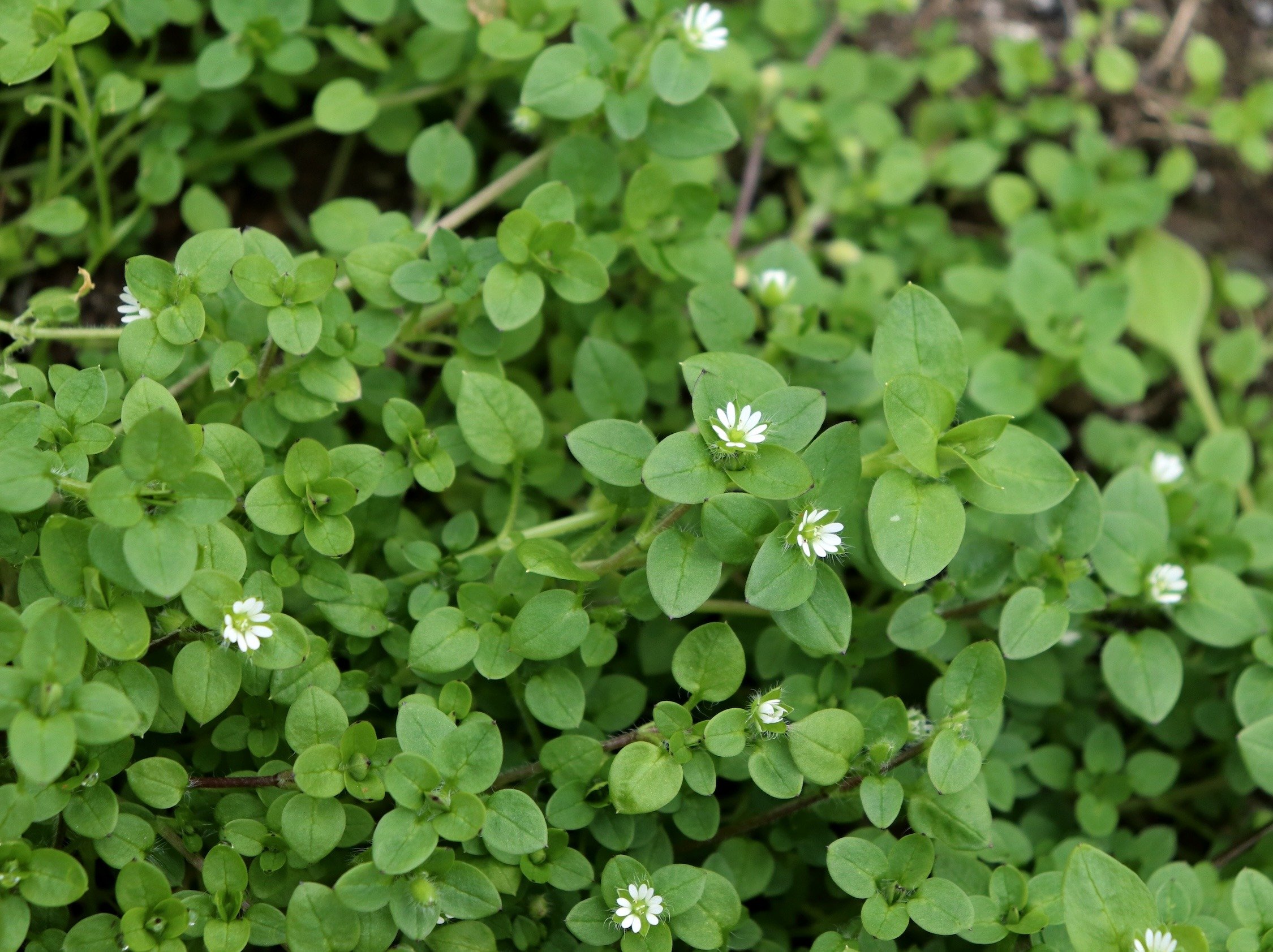Understanding the Life Cycle of Weeds: A Comprehensive Guide
Weeds are the bane of every gardener's existence, turning well-kept gardens and lawns into unruly landscapes. To effectively manage these persistent...

Weeds are a common nuisance for homeowners, and while they may seem harmless enough, they can actually pose a serious threat to the health of those who suffer from allergies, COPD, or asthma. These conditions make individuals more susceptible to the negative effects of weed exposure, leading to allergic reactions that can range from mild to severe.
Weeds release pollen into the air, which can be inhaled by people with allergies or respiratory conditions. This can cause a range of symptoms, including sneezing, coughing, wheezing, and difficulty breathing. In severe cases, it can even lead to an asthma attack or other serious respiratory problems.
The most common types of weeds that cause allergic reactions include ragweed, nettle, and sagebrush. However, there are many other types of weeds that can trigger an allergic response, and each person's sensitivity can vary.
Individuals with COPD, asthma, or allergies should take extra precautions to avoid weed exposure. This can include wearing a mask while working in the yard, using an air purifier indoors, and avoiding outdoor activities during times of high pollen count. It's also important to stay up-to-date with any prescribed medications or treatment plans.
If you suspect that weeds may be causing an allergic reaction, consult with your healthcare provider. They can help you determine the best course of action and provide advice on how to manage your symptoms.
In summary, weeds may seem like a minor annoyance, but they can have a significant impact on the health of individuals with COPD, asthma, or allergies. Taking steps to minimize exposure and seeking medical attention if necessary can help prevent serious complications and ensure that you can enjoy your outdoor spaces safely.

Weeds are the bane of every gardener's existence, turning well-kept gardens and lawns into unruly landscapes. To effectively manage these persistent...

When summer fades and cooler weather sets in, many homeowners mistakenly believe their lawn care routine can take a backseat. However, fall is a...

Chickweed is a difficult weed to get rid of because it is a prolific seeder and it can tolerate a wide range of conditions.